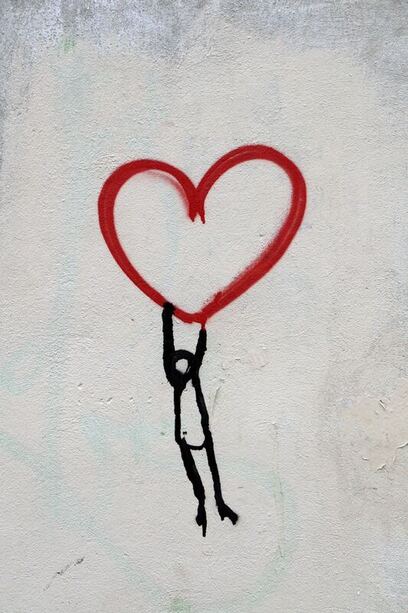|
Does each month feel more turbulent than the last at the moment? With conflict and disagreements covering every topic from politics to the realities of climate change, communities seem to be struggling with seeing different perspectives and working together on resolutions. Objectively, today's societies are actually living in the most peaceful time in human history. However most people would hope this would be the case due to our advances in education, technology and globalisation. So is the world really worse than before, or is it how we communicate with the world now that distorts our view of it? Clarity Coach Amy Yeung believes that our current situation is more of a complex issue. “Within the communities and team that I work with, I am seeing conflicting values, motivations, desires and a lack of understanding about differing needs,” she says. “There are lots of unhealthy responses to conflict particularly when feeling threatened. There are explosive, angry, hurtful and resentful reactions and an inability or even unwillingness to compromise.” Amy shared further why taking a more empathetic and compassionate approach towards ourselves and others may improve not only our world view but situations closer to home. Information In...Our tendency to not to look on the bright side of life may not be only a sign of the times, but a fundamental part of being human. From an evolutionary standpoint, being acutely aware of any potentially negative situations will have helped humans avoid danger which then developed into an important survival skill. Compared to our ancestors, we are deluged with an abundance of stimuli on a near-constant basis. However while it’s beneficial for us to have access to all the information that technology provides, this overload can also negatively impact our world view. Research by Paul Rozin and Edward Royzman demonstrated that a negative outlook can be more contagious than the positive outlook. It has also been shown that our attitudes are more heavily influenced by bad news than good news. It’s therefore unsurprising that a constantly negative news cycle impacts our moods, perpetuated by our negativity bias. Can we moderate how we react to negative external stimuli? Amy suggests that communication can be the key. Information out.Amy has created LISTEN & LEARN workshops to help communities and teams in workplace environments to foster empathy and compassion. She has found that these traits can enable us to resolve conflicts, to build more productive teams, and to improve our relationships with co-workers and clients. Although similar concepts, empathy refers to an ability to take another person’s emotions and feelings into perspective into consideration, compassion includes a desire to use that empathy to help others too. “Empathy is crucial because it helps us understand how others feel so that we can respond appropriately to the situation, says Amy. “A greater demonstration of empathy and compassion can make it possible for us to connect with people and even gain trust in this difficult situation.” Amy references Robin Stern, associate director of the Yale Center for Emotional Intelligence: ‘When someone feels seen and heard by you, they begin to trust you.’ Amy suggests that trying to approach negative or conflict situations with empathy and compassion for everyone involved can lead to stronger relationships. “Listening with empathy meets a person’s primary need for validation and acceptance,” says Amy. First steps to gaining clarity with empathy and compassion
Let's continue to work together to bring empathy and compassion Amy YeungAmy is the Founder of Inside Out Action. She supports individuals from the inside out to bring clarity and direction to their personal goals and aspirations. She aims to clear confusion, bottlenecks and anxiety, as well as to develop an increased and sustainable sense of well-being that supports people both professionally and personally.
0 Comments
Leave a Reply. |

